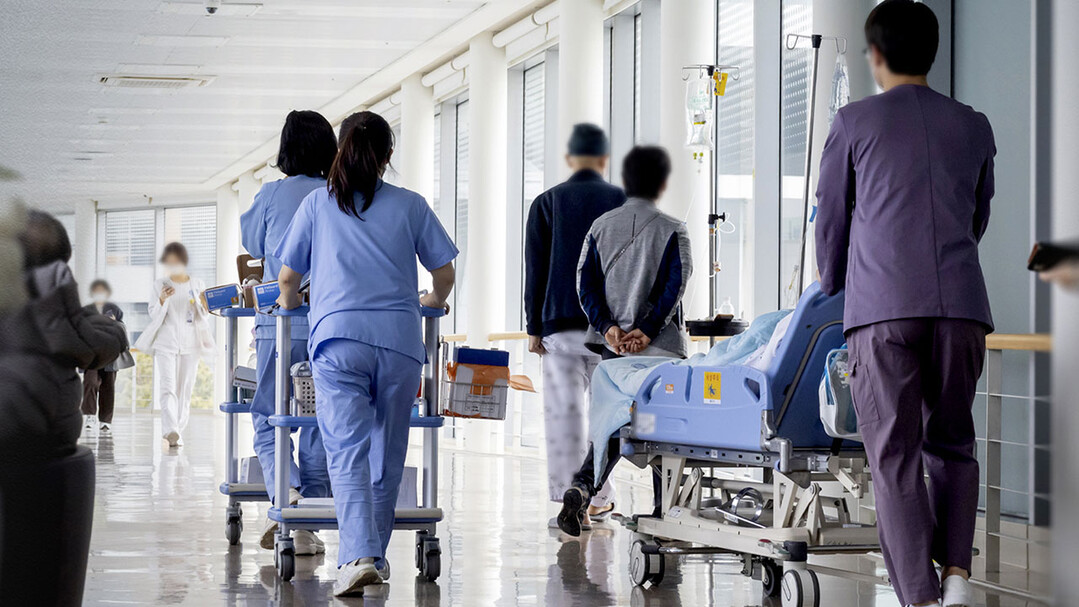
SEOUL, South Korea – The South Korean government is embarking on a comprehensive initiative to fundamentally reform the working environment for healthcare personnel, particularly nurses, with a significant focus on ameliorating issues related to night and shift duties. This move comes as a direct follow-up to the recent amendments to the "Healthcare Personnel Support Act," signaling a national commitment to addressing the long-standing challenges faced by nursing staff.
The National Health Insurance Service (NHIS) has officially launched a policy research project titled "Developing Implementation Strategies for Improving Working Environments," which is slated for completion by December 2025 with a budget of 60 million won. This research is critical for laying the groundwork to meet the statutory obligations introduced by the amended Healthcare Personnel Support Act, which was promulgated on March 18, 2025.
The revised act explicitly mandates the state and healthcare institutions to:
Establish comprehensive healthcare personnel plans (Article 5).
Strive to create a working environment that protects maternity (Article 12-2).
Exert efforts for additional staffing allocation (Article 14).
Support working environment improvements through specialized agencies (Article 17).
These legal provisions aim to respond to the growing demand for improved policies in the healthcare sector, where issues such as nurse exhaustion due to inadequate staffing and the detrimental effects of shift work on health are prevalent. Existing regulations, such as the Medical Service Act, specify minimum nurse-to-patient ratios, and financial incentives like Differentiated Inpatient Nursing Fees have been introduced to encourage better staffing. However, compliance with recommended work schedules, including adequate rest after night shifts and weekend work, remains unsatisfactory in many Korean hospitals. Some studies indicate that while integrated nursing care systems have improved satisfaction due to increased staffing, other environmental factors still affect nurses' job satisfaction.
A key aspect of the NHIS's current policy research is to redefine the practical role of the "Specialized Agency for Healthcare Personnel Support." This marks the first attempt at policy design aimed at empowering the agency to offer tangible, field-oriented technical and operational support, moving beyond mere planning assistance. This strategic shift is a direct response to calls for the agency to become a more proactive force in improving on-the-ground conditions.
The primary objectives of the research include:
Analyzing the current state of maternity protection and working environments within healthcare settings.
Conducting comparative reviews of relevant laws and systems concerning working conditions.
Developing strategies to address short-term staffing shortages, particularly focusing on high-risk occupations like nurses and nursing assistants.
Proposing concrete measures to expand and enhance the functions of specialized agencies.
The research will specifically target "protection of female workers," utilizing detailed statistics based on occupation, age, and staffing ratios. This will involve analyzing data from relevant institutions, conducting surveys, and holding expert consultations and interviews to formulate evidence-based policy recommendations.
The current system has seen maternity protection issues accumulate, including insufficient support for nurses returning to work after childbirth and the significant health impact of continuous night and rotating shifts. The burden of temporary or permanent staff departures often falls disproportionately on remaining personnel, creating a vicious cycle in many hospitals operating without sufficient new hires. Existing labor laws provide for maternity leave (90 days, with at least 45 days post-childbirth), reduced working hours for pregnant employees, and paternity leave. However, the practical application and enforcement of these protections, especially in demanding healthcare settings, have been a persistent challenge.
This research project represents a crucial test for establishing a national-level, systematic management and support system to address these long-standing issues, which have historically been treated as individual hospital operational matters.
An official from the National Health Insurance Service stated, "This research goes beyond a simple review of the system; it emphasizes concretizing how specialized agencies can achieve policy implementation power and support the field. It has the potential to become a turning point in healthcare workforce policy for the protection of public health rights."
This proactive approach by the South Korean government and NHIS seeks to bring about fundamental changes that will not only improve the quality of life for healthcare professionals but also enhance the overall standard of patient care.
[Copyright (c) Global Economic Times. All Rights Reserved.]






























